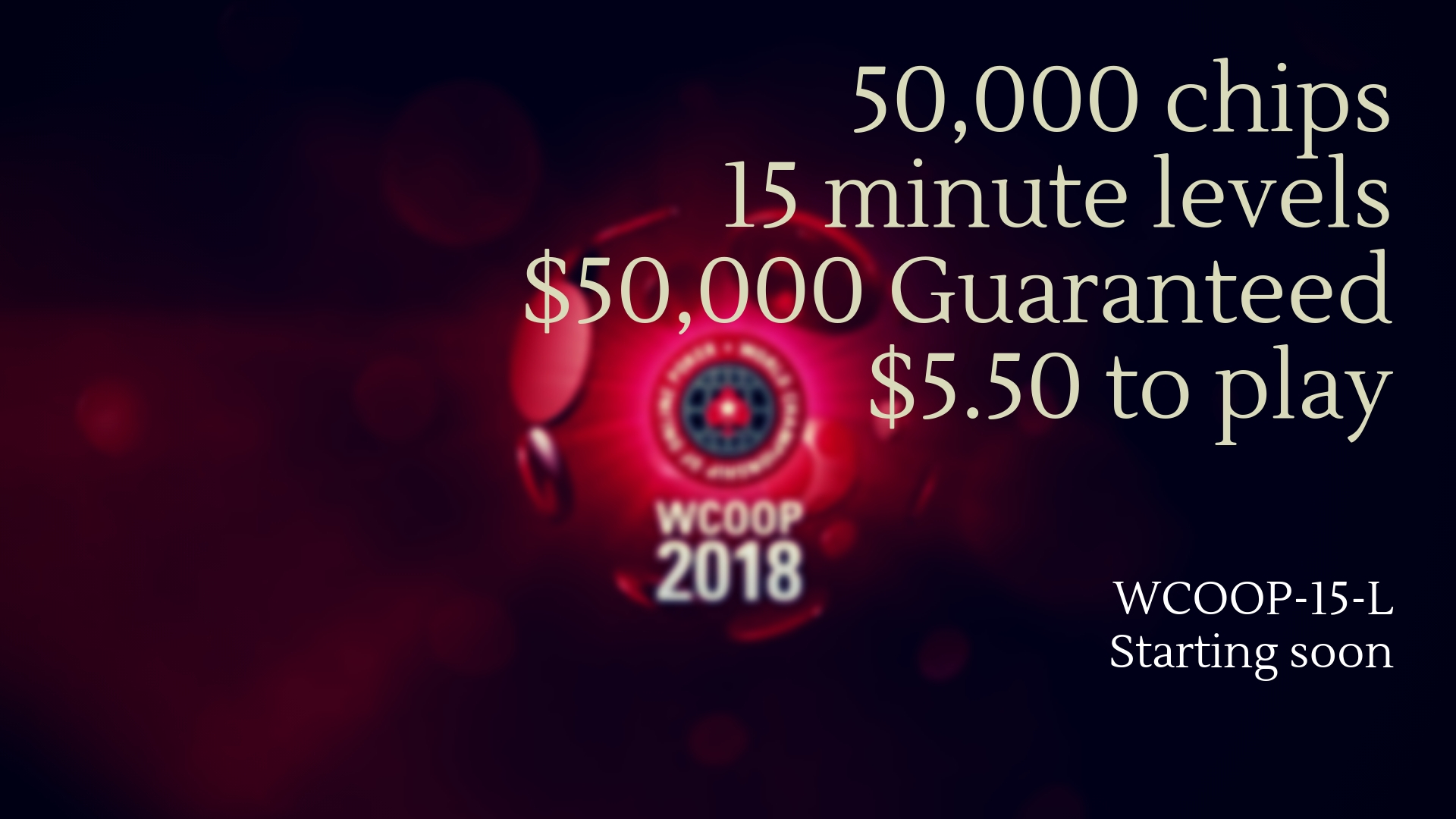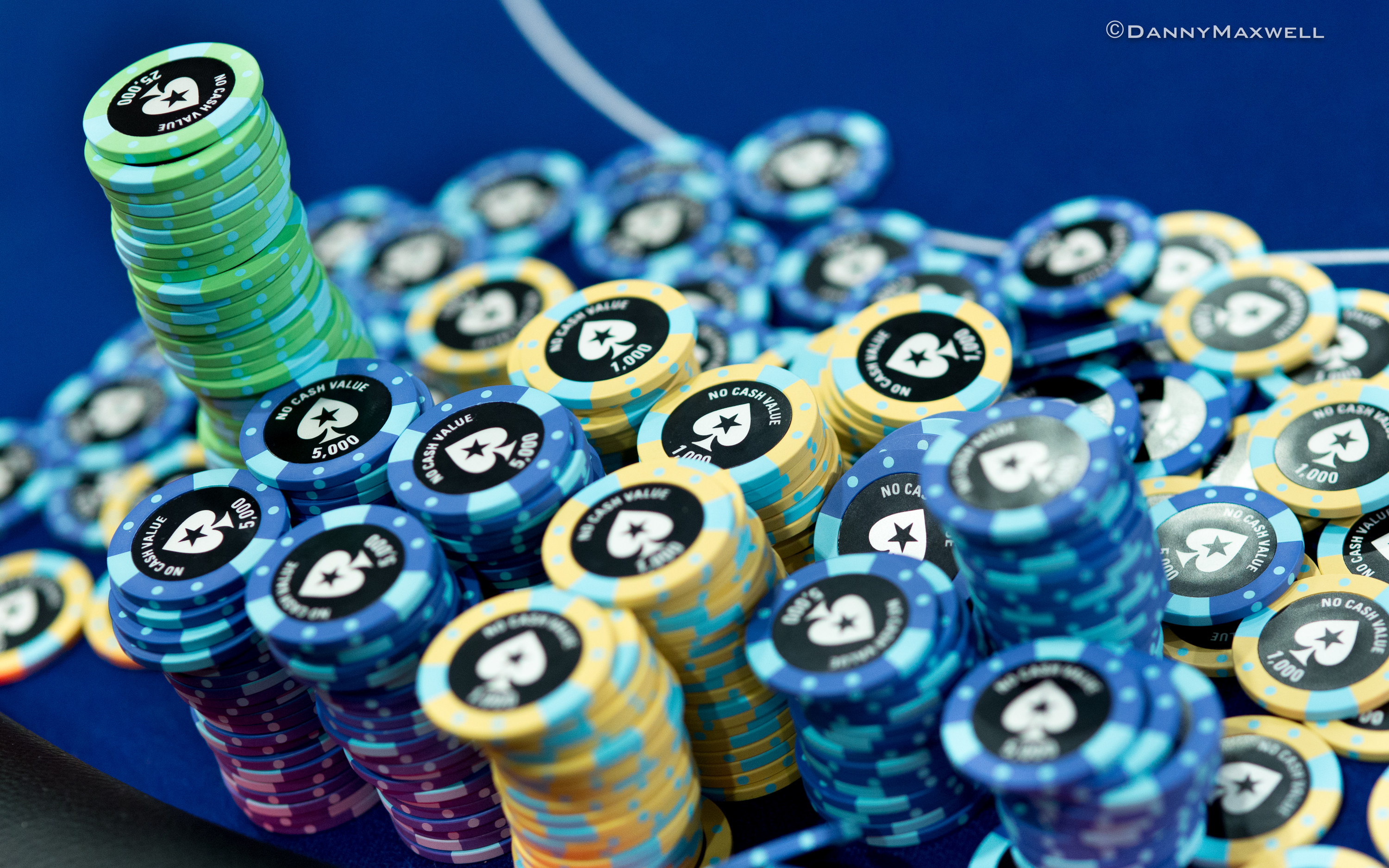Best Free Poker Tournament Clock
Poker Tools that will help you with your game
The Free Poker Tournament Clock is simple to use and it gives you everything you need to host a poker tournament of any size. Use the pull-down on the structure panel to choose a complete blind. PIO solver is one of the best poker tools to analyze game theory optimal strategy in heads-up play and probably is the most advanced one, thus it just has to make this list. You can see what hands to bet or to check in any given situation, how frequently you should do that or even recommended sizings based on your set-up. The Poker Timer is a new FREE application that will take your poker nights to the next level. Keep track of your blinds, rounds, entrants, prize money and more. Get started in minutes, just sign up, download and install your FREE poker timer now. I was just wondering if anyone had thoughts on the best poker tournament manager software for home games. We are getting a pretty serious home game going with about 15-20 players and would like to have a nice setup.
Which Hand Wins Calculator
One of the most common questions beginner poker players ask is some variation of “What beats what?” For example:
I have Q♥ J♥, my opponent has K♥ 7♥, the board reads A♥ 9♥ 6♣ 4♦ 2♥. Who wins?
The answer, you’ll know once you’ve played poker for a little while, is pretty simple (Both players have a flush; Player 2 wins with an Ace-high flush).
If you’re just starting out in poker, though, scenarios like this can still be pretty confusing. That’s why we’ve built the ultimate hand-reading/argument settling poker tool.
Just enter your cards, your opponent’s cards and the cards on the board. The Which Hand Wins Calculator will instantly determine what your best five-card Texas Hold’em hand is and which player wins the pot.
If you’re ever played a poker home game you know this kind of situation – where people aren’t quite sure of the winner/hands in play – happens pretty often.
Get the PokerListings Which Hand Wins Calculator involved and you’ll solve the problem immediately.
Use the Which Hand Wins toolPoker Odds Calculator
Want to know your exact odds of winning, losing or spitting the pot in any poker scenario? PokerListings.com’s Odds Calculator is here for you.
One of the most advanced poker odds calculators online, the PokerListings Odds Calculator works for Texas Holdem, Omaha, Omaha Hi-Lo, 7-Card Stud, 7-Card Stud Hi-Lo and Razz.
To use the poker odds calculator simply pickwhich poker game you’re playing from the drop-down menu at the top left.
Add in the number of players in the hand and click on the appropriate cards in the virtual deck to fill in each player’s hand.
Add in the flop and turn cards, click “Get Odds” and boom! Instant odds for each player winning, losing or splitting the pot by the end of the hand at that moment.
Click the reset button to clear the current hands/odds and start over.
Use the Poker Odds Calculator toolPokerListings Tournament Clock
Want to run a super smooth, perfectly timed No-Limit Texas Hold’em tournament anywhere you want to?
The PokerListings Tournament Clock is the ideal tool to load up on the road, set up on the patio, use at the office or pull up on the big screen for your weekly home game.
With automatic, timed blind levels, an auto-set payout scale and dynamically adjusted features like average stack size, the PL Tourney Clock has everything you need for a seamless tournament finished in the exact amount of time you need it to.
If you want a tournament to run two hours, for example, just set the time frame and everything else is automatically set for you.
If you like a specific type of tournament you can also custom set anything you like – steep or flat prize structures, deep or turbo blind levels, rebuys or add-ons, etc. Tweak anything to your specific preferences and the other elements will automatically adjust accordingly.
Use the Tournament ClockPokerListings Side Pot Calculator
One of the most confusing aspects of poker for the beginner? Side pots.
What they are. When they’re in play. How much money should be in them. And who wins them when the hand is over.
Bascially, everything about them
Not anymore. The PokerListings Side Pot Calculator cuts through the confusion and breaks poker side pots down in seconds.
All you have to do is add in the amount of chips eahc player has put into the pot, hit “calculate” and you’ll see exactly how the chips should be split between the main pot and any number of side pots.
Use the Side Pot Calculator toolPokerListings Question of the Day

By far our longest-standing and most popular poker tool, the PokerListings Question of the Week is the ultimate learning opportunity to take your game to the next level.
Why? Because it puts you right in the middle of specific game-play scenarios, asks you to pick your best option and then walks you through to the optimal decision.
Not everyone will agree with the “right” answer. But it’s the process that’s most important here – thinking through your opponent’s range of hands, deciphering what the information available tells you and making the best poker decision based on multiple, diverse factors.
Real-life poker hands, real-life poker answers and one indispensable learning tool.
You can answer Question of the Week on front-page. Click the button below and you’ll be taken there.
Answer the Question of the WeekPokerListings Quiz – Test Your Poker Knowledge
Just how well do you think you know the game of poker and its variations? And just how much are you willing to risk to test it?
The PokerListings Poker Quiz is a fast and fun way for fans to assess their general knowledge.
With a starting bankroll of $10 the aim is to bet and answer your way to a perfect $150 score.
Odds, rules and simple strategy understanding will be tested along the way but you’re allowed to see the question before you make your bet.
Players can take the quiz as many times as they want to get a score they’re satisfied with.
Click on the image to the right to give it a spin.
Take the Poker QuizDavid Sands has retired, and yet, the poker tournament shot clock debate rages on.
During last week’s World Poker Tour L.A. Poker Classic main event, the players in the field were asked whether or not they felt that poker tournaments should implement a shot clock into the game, speeding up the decision making process and preventing the rampant Hollywooding that’s flooding the circuit today. The result was surprising. An overwhelming 80 percent of those polled believed that a shot clock should be used.

The WPT’s own Mike Sexton, a long-time advocate of a shot clock, believes that the tour may put them into service as early as 2015.
The benefits of a shot clock are obvious. When players make their decisions faster, the table is able to see more hands and as a result, the structure of the tournament improves. Short stacks can afford to breathe a little easier and be more patient. Players will no longer be forced to call the clock on their opponents and stalling, especially close to the money bubble, will be minimal.
The downside of a shot clock is the logistics involved with implementing them into the game and the initial cost for the casino or tour. Dealers will need to be trained to handle the additional job responsibilities, or more floor staff will be needed to police the time banks. Amateur players may also be intimidated by the new rules and avoid playing live poker as a result.
Best Free Poker Tournament Clock Software
A poker purist would argue that the game has always and should always be self policed. After all, if it ain’t broke, why fix it? An optimist, however, may believe that a shot clock could spark the next mini poker boom. Here, were take a look at some of the pros and cons of the shot clock debate.

30-Second Shot Clock With Two 60-Second Time Banks
According to the WPT, the proposed shot clock would give players 30 seconds to act every turn, with an additional 60 seconds given for difficult decisions.
Pros: Players who learned the game online will be very comfortable with this process. The game is sped up and by the time the field has reached the money, the stacks will be deep enough to support more than just preflop poker.
Cons: Whose job is it to make sure a player doesn’t exceed their time limit? Is the dealer watching a tournament clock or does each player have a timer in front of them? Can a dealer declare a hand dead or will the floor have to get involved?
Shot Clock During Re-Entry Period Only
The shot clock would only be used during the registration period of re-entry and re-buy tournaments exclusively. Play would resume normally after the field is set.
Pros: Players looking to build a big stack or bust during the re-entry period would be able to see more hands and more entries may occur as a result, inflating the prize pool. Decisions made at the smaller blind levels shouldn’t take a long time anyway.
Free Poker Tournament Clock Software
Cons: Players looking to avoid the shot clock may wait until just before the registration period ends, creating a flood of new players for tournament staff to seat.
Shot Clock In Major Tournaments Only
This idea would limit the shot clock to only participating big buy-in tournaments.
Pros: The players in these events are more seasoned professionals who could easily adapt to the rule change. Time is money and players who routinely put up thousands of dollars in buy-ins don’t want to waste theirs.
Cons: Amateur players who would have otherwise played in a major event are now intimidated and decide to stick to the lower stakes. As a result, the game experiences little growth at the higher stakes.
Shot Clock In Televised Events Only
Only televised events, or televised final tables would implement the shot clock.
Pros: Anyone who has watched an unedited, full live stream or broadcast of a poker tournament knows that 95 percent of the hands can be a little boring to even a poker savvy individual, let alone a newcomer. Throwing a shot clock into the mix would at least keep the action moving and might attract some new eyeballs.
Cons: A shot clock added into a tournament only when the cameras show up, which is generally late in the event or at the final table, would be putting pressure on the players at the worst possible time, when the big money is up for grabs.
What do you think? Should poker tournaments implement a shot clock? Let us know in the comments section below.